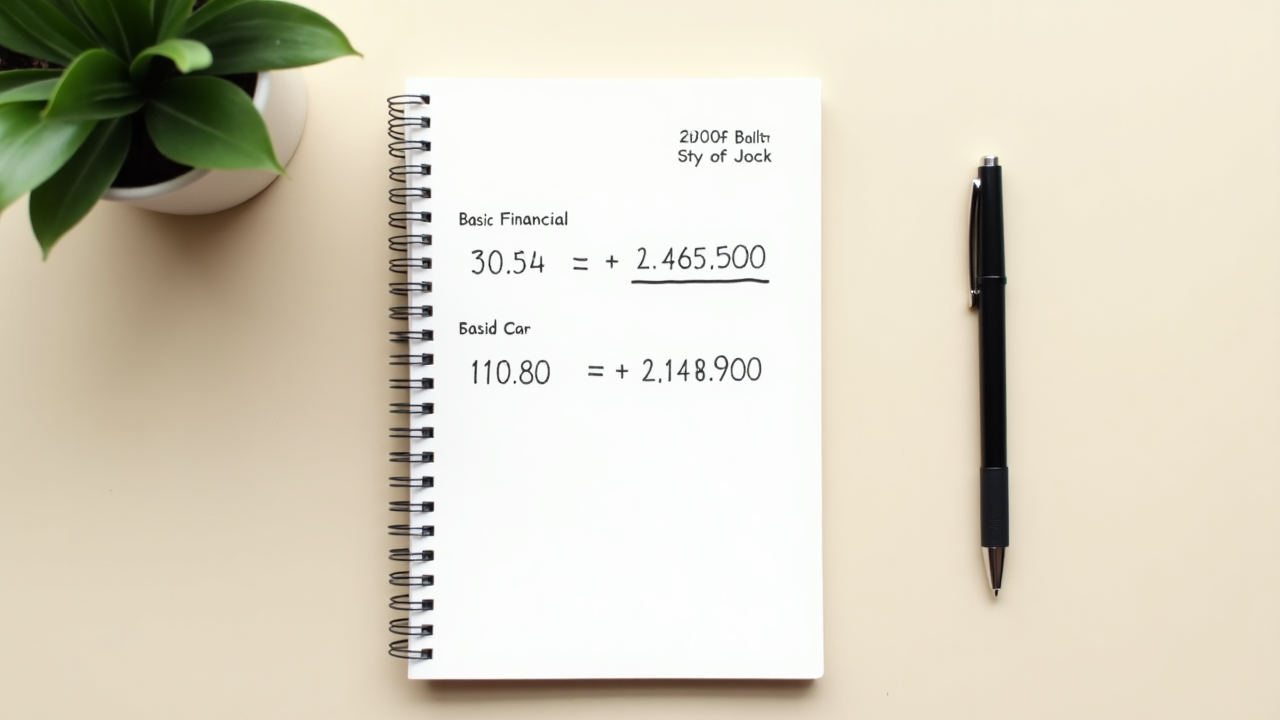Cultivate smart money habits through mindfulness and intentionality
Financial wellness isn't about having more money—it's about mastering the relationship with the money you have. At ZenFinanceMind, we explore the fundamental principles of financial discipline through the lens of Japanese minimalism and mindfulness.

Learn to create harmony between spending and saving. Like a perfectly arranged zen garden, your finances should reflect balance and intentionality in every aspect.
Financial discipline requires patience and consistent attention, much like tending to a bonsai tree. Small, daily actions compound into significant growth over time.
Develop financial flexibility that allows you to adapt to changing circumstances while maintaining your core principles, like water flowing around rocks.
In Japanese culture, there exists a concept called "wabi-sabi" — finding beauty in imperfection and transience. Applied to finance, it teaches us to appreciate what we have rather than constantly seeking more.
Financial contentment isn't about reaching a specific number in your bank account; it's about recognizing when you have enough and finding peace in that knowledge.


Like the careful placement of stones in a zen garden, your financial decisions should be deliberate and purposeful. Each allocation of resources should align with your values and long-term vision.
This mindful approach to budgeting transforms it from a restrictive exercise into a liberating practice that brings clarity and purpose to your financial life.
Question every purchase by asking: "Does this add value to my life?" Consumption should be intentional, not impulsive. This pillar focuses on developing awareness around spending habits and making conscious choices.
Saving is not about deprivation but about creating future opportunities. By establishing clear intentions for your savings, you transform the act of setting money aside from a sacrifice into a meaningful investment in your future well-being.
Maintain complete awareness of your financial situation. Like a zen meditation practice, regular reviews of your accounts, expenses, and progress toward goals create mental space and reduce financial anxiety.
Approach debt with intention and awareness. Understand the difference between productive debt (that creates opportunity) and consumptive debt (that diminishes future options). Develop a mindful path to debt freedom.
Cultivate patience in your financial journey. The Japanese concept of "mushi" teaches us to observe without immediate judgment. Apply this wisdom to market fluctuations, financial setbacks, and the gradual nature of wealth building.
The traditional 50/30/20 budgeting approach (50% needs, 30% wants, 20% savings) serves as a useful starting point. However, we encourage a more mindful adaptation based on your unique circumstances:
This framework emphasizes intentionality in every category, transforming even necessary expenses into mindful choices aligned with your values.
Like meditation, financial discipline is strengthened through consistent practice. Consider implementing these daily habits:
Begin each day with a brief moment of financial awareness. Recognize upcoming expenses, savings opportunities, and your financial intentions for the day.
Before each purchase, take three deep breaths. Use this pause to question whether the item aligns with your values and contributes to your wellbeing.
End each day by acknowledging what you already have. This practice counteracts the constant pressure for more and cultivates financial contentment.
Even with strong intentions, certain obstacles can disrupt financial harmony. Understanding these challenges is the first step to overcoming them:
When we use purchases to regulate emotions, we create a cycle that undermines financial wellbeing. Signs of emotional spending include:
Mindful Alternative: Create a "feelings journal" to track emotional states that trigger spending urges. Develop non-financial coping strategies for each emotional trigger.


A scarcity mindset creates anxiety around money and often leads to either excessive frugality or impulsive spending. Signs include:
Mindful Alternative: Practice "abundance awareness" by regularly listing the non-financial resources you possess: skills, relationships, opportunities, and time.
Have questions about implementing these principles in your financial life? We're here to help you on your journey toward financial mindfulness.